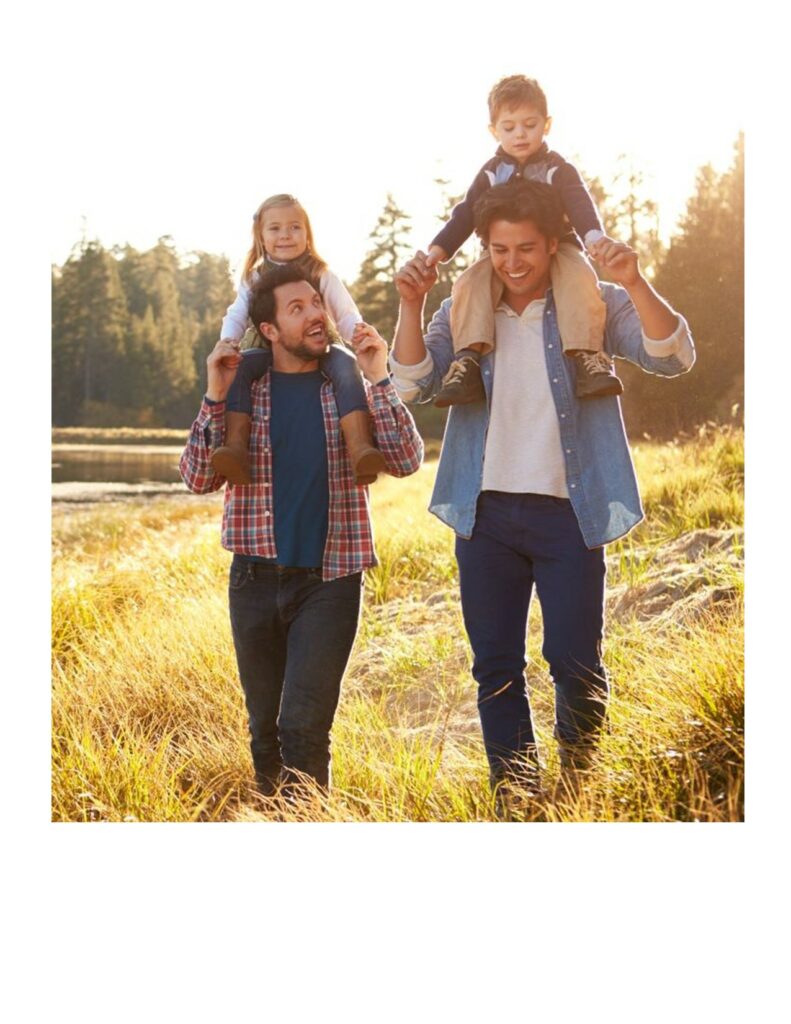In WA foster care is run by the Department of Children and Youth. All children in foster care are in the custody of the department, and have a case worker from the state. While all foster homes are ultimately approved by the department, some homes go through a private “child placing agency” and the agency acts as an intermediary between them and the state for licensing, placement and payment.
DCYF Staff Directory https://apps-ca-ext.dcyf.wa.
No matter how you get licensed, you will work within the DCYF Regional system – dividing the state into six regions for administration, starting at #1 in Spokane. The department publishes a list of all the private agencies that operate in each region, for either adoption or foster care:
Agencies are typically formed in order to offer something that the state doesn’t – generally this will include an agency social worker assigned to your family (to complement the state case workers assigned to children), higher levels of support and more assistance deciding whether a placement will be suitable for you. In a few cases it means that they only place children within a restricted demographic – e.g; one agency may only place teenagers, or an agency may focus on placing youth of a particular minority with families that will support their continued connection to their heritage. Tribal agencies specifically place children who have a connection to their tribe[s], and may operate under slightly different rules because tribal jurisdiction applies (nb: all foster parents should learn about the Indian Child Welfare Act). Families interested in providing foster care to refugee youth must license with Lutheran Community Services. See below for more information on agencies.


In many areas, there simply won’t be an agency around. The flip side of the extra support is that agencies can have stricter requirements than the department (such as requiring additional training for parents), there are more professionals involved with you, and agencies will act as a screen between the parents and the list of children needing placement – this can mean that you won’t know about placements if they don’t seem like a good match for you, and a few agencies aren’t set up for their families to take placements outside of business hours, or to provide/receive respite care from outside the agency.
Until recently, there was no public list of agencies to work with. The department has now published a list for each region, which also has agencies who assist with adoption and not foster care.
Agencies sometimes end their foster care program or close in one or more regions, and they vary tremendously in size and resources. For example, one support model that is only available to families licensed with the department or a participating agency is the Mockingbird Hub model.
The following information has been collected from multiple sources including agency websites, annual reports and direct conversations, and is likely to be wrong in at least one way and even missing agencies altogether. Updates can be submitted through this form: https://airtable.com/shrQ0DdGeicsRY1Rn
Number of foster homes licensed with each agency, as of 2020
| ? | Foster First |
| Less than 10 | Youthville Morning Star Boys Ranch/Foster Care Quinault Indian Nation Casey Family Services Muckleshoot Child and Family Services |
| 10-20 | Community Youth Services City Ministries Puyallup Tribe Friends of Youth Pierce County Alliance Lutheran Community Services NW- Spokane Bethany Holt Washington United Indians of all Tribes |
| 20-50 | Secret Harbor Lorene’s Place II Youthnet Service Alternatives |
| 50-100 | Skookum Kids YMCA of Greater Seattle |
| 100-200 | Catholic Community Services |
| 200-400 | Amara Olive Crest Community and Family Services Foundation |